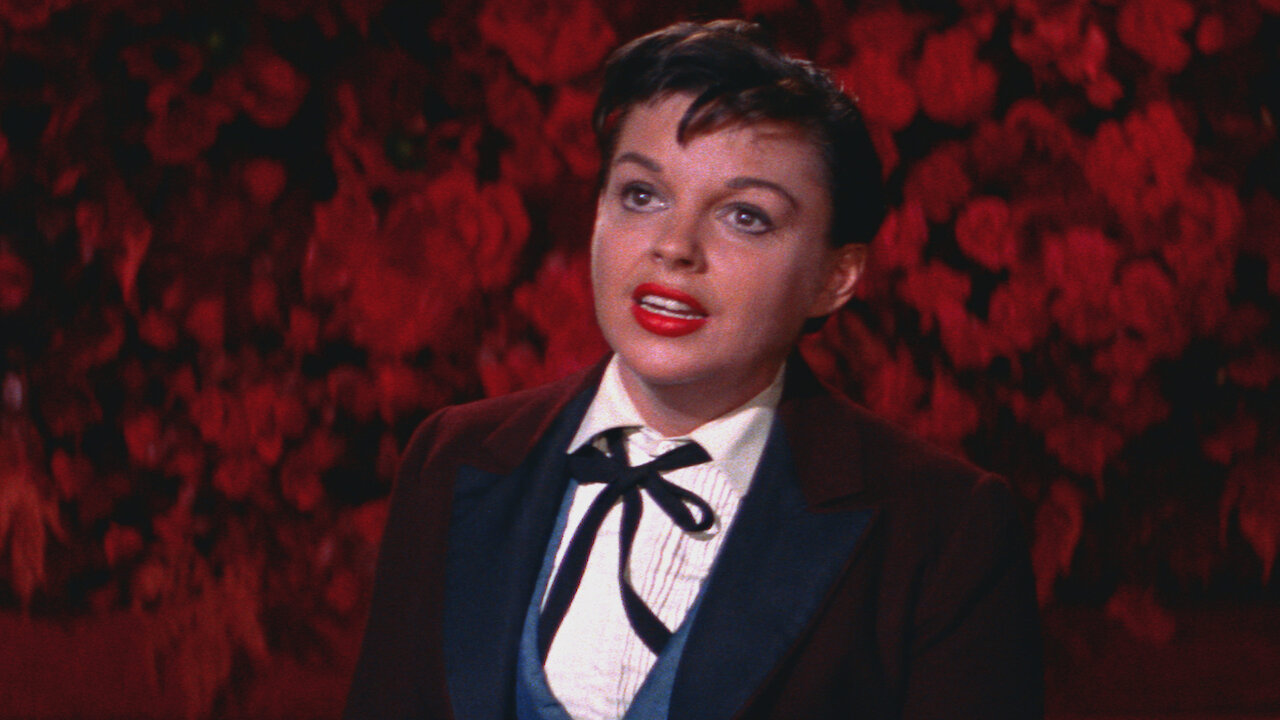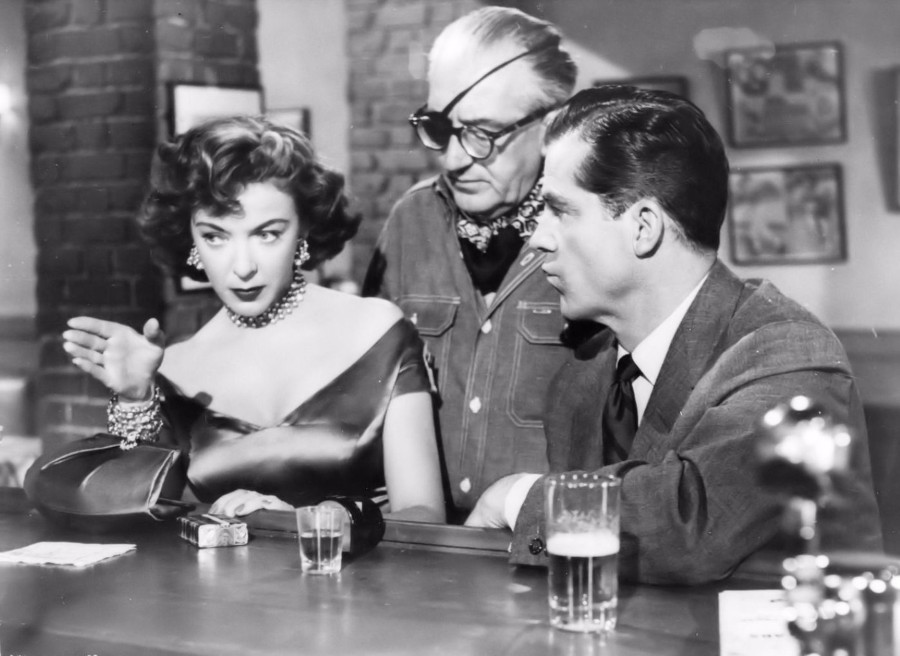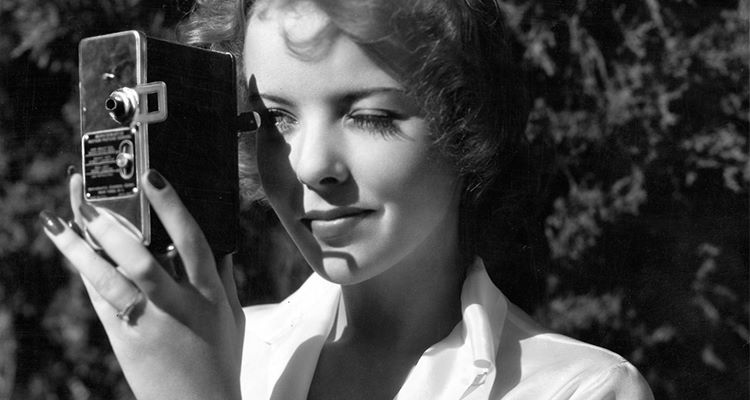Vassilis Kroustallis selects the quintessential films of the musical Hollywood legend.
A director should know everything. He should be at home in a brothel -which is very easy - but he should be also at home in the Stock Exchange, which is already most difficult. He should know how the Duke of Edinburgh behaves, how a worker or how a gangster behaves. -Fritz Lang, talking to Peter Bodganovich for Who The Devil Made it (1997, Ivy Moon Company).
The always fastidious Fritz Lang (5 Dec 1890 - 2 Aug 1976) had heard about a mentally ill serial killer incident in Chicago, who left traces of his own crimes, called the 'Lipstick killer'. Along with screenwriter Casey Robinson, he turned this story into a noir situation of press manipulation and corruption, in When The City Sleeps (1956).
Pre-dating Hitchock's Psycho, the film has a boy's love-and-hate relationship with his own mother as well. But Lang concentrated on the hunters rather than the hunted; he himself manipulated a stellar cast of Dana Andrews, Ida Lupino, Vincent Price, Rhoda Fleming, George Sanders and Thomas Mitchell, to give another taste of the dark office corridors of truth, news and power.
- Details
- FILM COOKIES
I retain every feminine trait. Men prefer it that way. They’re more co-operative if they see that fundamentally you are of the weaker sex even though [you are] in a position to give orders, which normally is the male prerogative, or so he likes to think, anyway. While I’ve encountered no resentment from the male of the species for intruding into their world, I give them no opportunity to think I’ve strayed where I don’t belong.
“Ida Lupino Retains Her Femininity as Director”, feature article in pressbook of The Hitch-Hiker, 1953, p. 4
Ida Lupino, one of the first and very few female directors to both direct and produce film-noir in 50s Hollywood, struggled to find her place in a male-dominated environment. Her films were always under budget and always with a firm hand; she later directed both Twilight Zone and Alfred Hitchock presents episodes (died 3 August 1995)
Director William Wyler made 3 brave choices in Roman Holiday (1953).
1. He worked happily with the blacklisted writer Dalton Trumbo (undercover), when other directors shied away.
2. He went on location to shoot the film in black and white, even though color was readily available
3. He cast an unknown European actress for the leading part, based on a single test.
They all worked out rather handily.
It's always good to see Harry Belafonte on film. But to see him on a iconic role as a civil rights pioneer quoting the plights of 'white America' and D.W. Griffith's The Birth of A Nation film is heart shattering. A masterful editing in one of the finest films of the year






